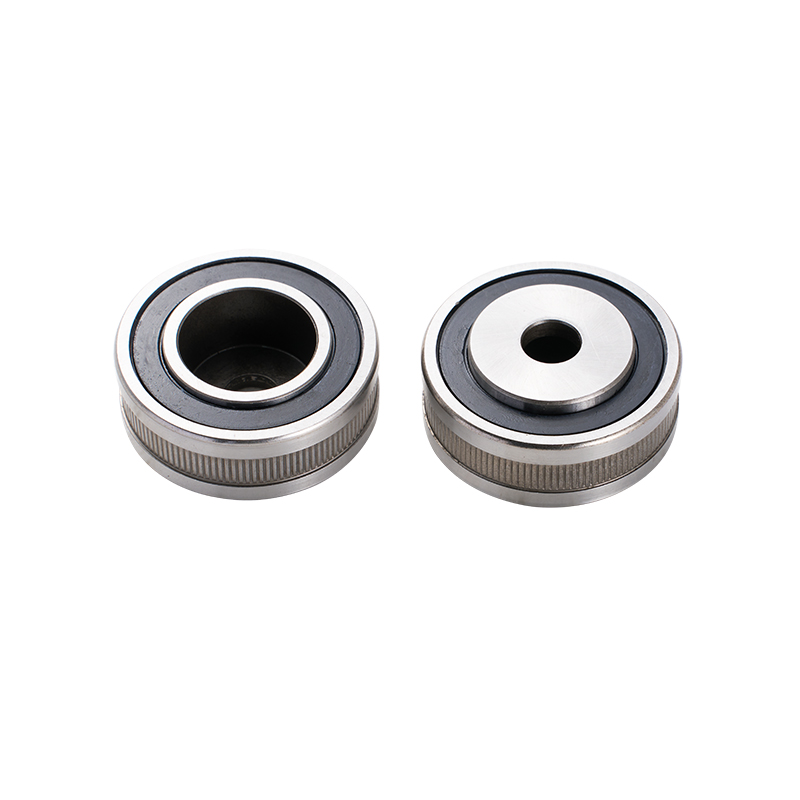High performance bearings are the backbone of many critical applications, from automotive to aerospace and beyond. These bearings must withstand conditions, including high speeds, heavy loads, and varying temperatures. The performance of these bearings is not just a matter of operational efficiency; it's a matter of safety and reliability. High performance bearings are designed to minimize friction and maintain precision over extended periods, which is why their performance testing standards are so stringent.

The Benchmark for High Quality Ball Bearings
High quality ball bearings are distinguished by their precision manufacturing, robust materials, and advanced design features. These bearings are subjected to a series of performance tests to ensure they meet high industry standards. High quality bearing manufacturers invest in advanced testing equipment and methodologies to simulate real-world conditions and assess the bearings' performance under stress.
Testing Standards for High Quality Bearing Manufacturers
The performance testing standards for high quality bearing manufacturers are not just a set of guidelines; they are a commitment to advanced. These standards encompass a range of tests that evaluate the bearings' physical properties, durability, and operational performance. Here are some of the key tests that high quality bearing manufacturers conduct:
1. Load Capacity Testing: High performance bearings must be able to handle significant load without deformation or failure. Load capacity tests simulate various load conditions to ensure the bearings can endure the pressures they will face in service.
2. Fatigue Life Testing: This test evaluates the endurance of high quality ball bearings under cyclic loading. It helps manufacturers determine the expected lifespan of the bearings and identify any potential weaknesses in the design or material.
3. Torque and Friction Testing: Minimizing friction is crucial for the efficiency of high performance bearings. Torque and friction tests measure the rotational resistance of the bearings, which is a critical factor in energy consumption and heat generation.
4. Vibration and Noise Analysis: High quality ball bearings should operate with minimal vibration and noise. These tests help identify any imbalances or irregularities that could cause premature failure or decreased performance.
5. Thermal Stability Testing: Bearings in high-speed applications can generate significant heat. Thermal stability tests ensure that high quality ball bearings can operate within their specified temperature range without degradation.
6. Corrosion Resistance Testing: Especially for high quality bearing manufacturers, ensuring that their products can withstand environmental factors such as moisture and chemicals is crucial. Corrosion resistance tests help guarantee the longevity of the bearings in various operating environments.
7. Material Analysis: The composition of the bearing materials is critical for high performance and high quality. Tests are conducted to ensure that the materials used meet the required specifications for strength, hardness, and durability.
The Impact of Performance Standards on Industry
The adherence to performance testing standards by high quality bearing manufacturers has a profound impact on the industry. It ensures that the bearings used in various applications, from everyday machinery to critical infrastructure, are reliable and long-lasting. This reliability not only reduces downtime and maintenance costs but also enhances safety by preventing catastrophic failures.
In conclusion, the performance testing standards for high quality ball bearings are a testament to the commitment of high quality bearing manufacturers to produce components that meet high levels of performance and reliability. By investing in rigorous testing, these manufacturers ensure that their high performance bearings and equipment bearings are ready to take on the challenges of demanding applications. This dedication to quality and performance is what keeps industries moving forward, powered by the precision and reliability of high quality ball bearings.



 English
English русский
русский
